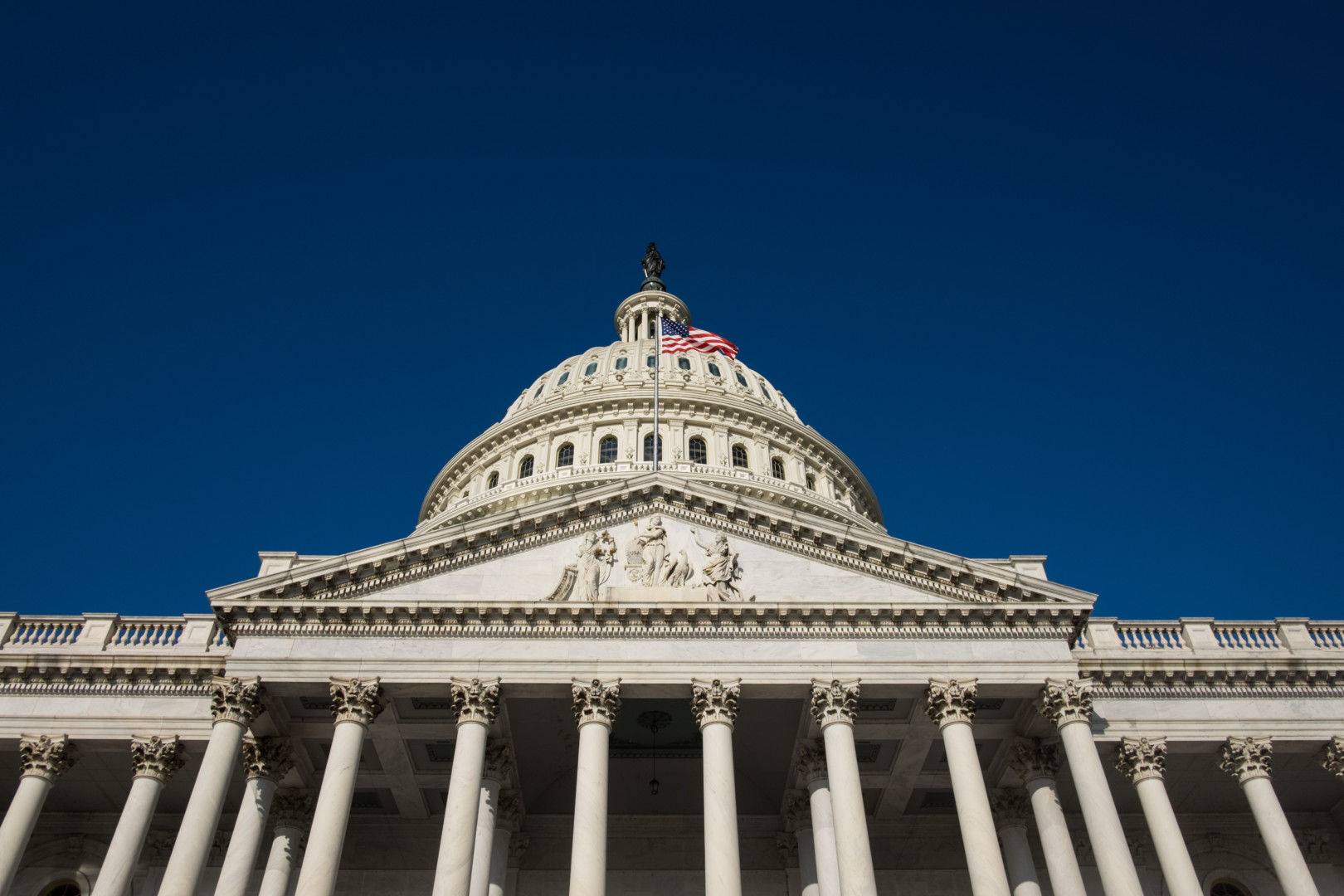Senate Republicans’ health care bill would leave 22 million more Americans without health insurance in 2026 compared to the Affordable Care Act — 1 million fewer people than under the House version, according to a much-anticipated report by the nonpartisan Congressional Budget Office.
As many as 15 million more people would be uninsured next year, primarily because the legislation would repeal Obamacare’s individual mandate, according to the estimate, which was released on Monday. The measure would reduce the federal deficit by $321 billion over 10 years, about a $202 billion larger reduction compared to the House bill.
Under the Senate’s arcane reconciliation rules, which enables the majority party to pass legislation on a partisan basis without the threat of a filibuster, the budget legislation must reduce federal deficits and be devoid of “extraneous matter.”
The CBO predicts that average premiums would rise prior to 2020 and decrease after that, below what they would be under current law. The CBO also estimates individual marketplaces would remain stable in most parts of the country through 2020 and later years, including in states that waive the ACA’s insurance regulation requiring plans to cover 10 essential health benefits, including maternity care, hospitalizations and mental health treatment.
The CBO said most of the savings in the Senate bill would come from spending cuts to Medicaid, with federal spending on the government health program for low-income and other vulnerable Americans declining by 26 percent in 2026 compared to current law. Medicaid enrollment would fall by about 16 percent by 2026 for people under the age of 65, according to the report.
Like the House version, the Senate proposal would phase out Obamacare’s expansion of Medicaid and change the program’s funding from an open-ended entitlement to a fixed budget. Medicaid spending to the states would be set to the consumer price index, an even lower growth rate than what was passed in the House version of the legislation.
The cost estimate will help determine whether Majority Leader Mitch McConnell will be able to muster enough support to pass Senate Republicans’ plan to repeal and replace Obamacare by his planned deadline at the end of this week. Republicans, who hold a slim 52-48 majority in the Senate, can only afford to lose two votes to secure the legislation’s passage, assuming all Democrats oppose it. The estimate was based on a revised version of the Senate bill, which was released on Monday to include a provision that would delay a person’s health insurance from taking effect for six months if they have a lapse in coverage in order to encourage people to buy insurance.
Five GOP senators said they objected to the bill in its current form, prior the CBO’s estimates. But that number could rise with the CBO score, particularly among several Republicans who are wary of spending cuts to Medicaid and coverage losses under the legislation.

